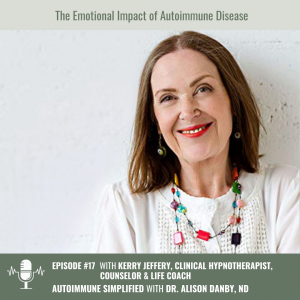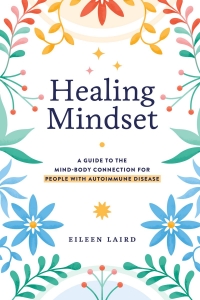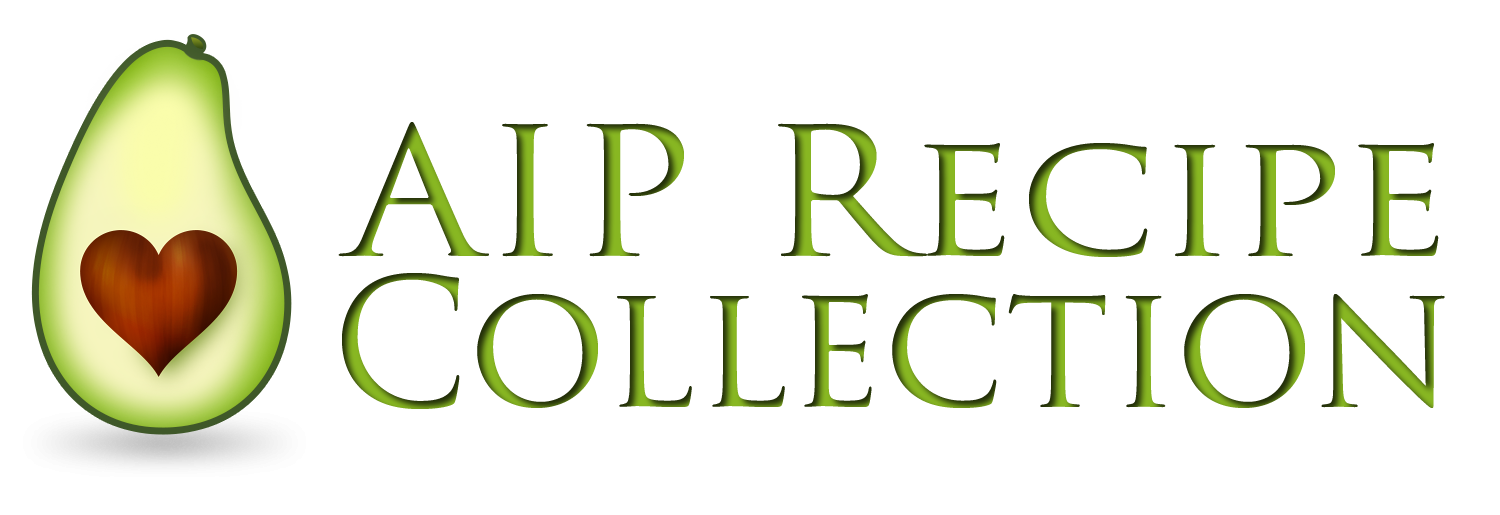5 Stages of Grieving Over Illness
5 Stages of Grieving Over Illness
When I was first diagnosed with my autoimmune diseases I started a blog so my friends and family could check in on me. For me it was therapeutic and helped a lot not having to answer a dozen or more texts and emails every day asking the questions I hated (and still hate to this day): “How are you feeling today?” “I thought you were getting better?”
I found my blogging forced me to remain up-beat, and I always tried to put on a strong front. I’d always been a strong person and surely I wasn’t going to let this defeat me! Because of that I researched how to deal with chronic health issues and was fortunate enough to stumble across a great article that explained how facing such a diagnosis is really not that different than dealing with the 5 stages of grieving the loss of a loved one.
I wish I could share that post with you today, but sadly the blog has since been taken off-line. While I’ve looked around for other posts to share with you I’ve not found any that were as well written, so I’ve decided to take a stab at it myself.
❤ Denial ❤ Anger ❤ Bargaining ❤ Depression ❤ Acceptance ❤
Grieving over the loss of your health (or even your spouse’s health or your child’s health) is a very real thing. You’re left facing not just the loss of your health but the loss of plans you may have had for the future. You may be faced with the loss of your career, or even the loss of the ability to start a family. The list of losses can be long and the emotions that come with with can be very painful.
While the symptoms and severity of chronic illness differs from one case to the next, we all typically face in one fashion or another the 5 Stages of Grieving Over Illness: Denial, Anger, Bargaining, Depression and Acceptance. We may not go through them in this set order and you may in fact revisit some stages as your healing journey goes on … because unfortunately healing is rarely linear and while we may see improvements, we may also encounter relapses that can be very discouraging.
No matter what stage you are in, it’s healthiest to accept it and the emotions we’re feeling. Don’t rush the process, just let it happen naturally and know what you’re going through is completely normal.
Denial
Any change or loss in your life is likely to bring denial, and learning that you have n autoimmune disease will likely deliver up large doses of it. If your illness or diagnosis came about suddenly you may literally not believe it to be the case. You may seek second and third opinions hoping you’ll find a better outcome. You may try to research your way out of it and turn to Dr. Google for a better prognosis – surely it must be something else! For people like us who embark on the Autoimmune Protocol lifestyle, denial may even come in the form of not wanting to eat properly or rejecting medications because we don’t think we need to – surely it can’t really help.
Anger
What often fuels denial is anger … you’re angry that you’re that “one in 10,000” to get a disease, or angry that you’re joining the throngs of what seems to be an epidemic of autoimmune disease suffers. At some point you’ll probably want to yell and scream and maybe even throw things, after-all, it’s just not fair! Anger may also be self-directed, meaning you may blame yourself and mentally beat yourself up for not noticing the signs or taking better care of yourself. And, while I’m not diminishing the frustration of a chronic illness diagnosis at any age, dealing with an autoimmune disease can be especially difficult for young people and those “in the prime of their life.” Watching your plans for the future disintegrate before your eyes is extremely frustrating, not to mention scary … you’re going to get angry.
Bargaining
Try as you might you can’t go back in time … but if you could you’d do anything to make your illness go away! You’d eat better, you’d exercise more, you’d slow down, take less overtime, you’d find ways to manage your stress. Sadly it doesn’t work that way and we can’t bargain our way out of our situation. You might find yourself researching and bouncing back to the denial stage wondering if perhaps it’s really something else that ails you. Wouldn’t we all rather trade our current illness for something less intense? Unfortunately no matter how hard we try, bargaining won’t work, but we can turn those thoughts around and start using them to our benefit … START NOW with eating better, exercising to the extent possible for our situation, step back and allow yourself to say “no” to all the demands on your time and learn how to manage our stress … these are all of vital importance to making your healing journey a success.
Depression
We all end up here eventually. It’s just shy of acceptance, we’ve given in and feel defeated or we’ve decided to throw in the towel – we just can’t deal with it anymore. We’re overcome by the feeling that nothing we do is going to make a difference and we’re never going to feel well again … all is lost. This stage is frighteningly easy to slip into and painfully hard to climb out of … but it’s completely normal. Having said that, it doesn’t make it any easier to deal with! It’s frustrating and depressing when you can’t do what you once could, you feel like you’ve entirely lost who you were, you begin to feel like a burden and keeping up appearances becomes almost impossible. Being with friends and family when you’re dealing with any illness can be difficult, but especially so when you’re on an restricted diet. It feels like your social life has vanished – you’re on the grain-free, nut-free, gluten-free, soy-free, fun-free diet … and who wants to be around that? While it may feel easier to simply isolate yourself, it’s best not to allow yourself to slide too deep into this stage of grief, or return to it too many times. Easier said than done … don’t I know it! But I’m hoping the information you’ll find throughout the pages of this website will help you learn ways to manage your grief and depression.
Acceptance
It may feel like it’s taking forever but sooner or later we all finally get to a point where we come to terms with our “new life.” We accept that “it is what it is.” We learn ways to cope with the changes to our bodies, the pain, the fatigue, and the multitude of other potential symptoms you might personally be facing. We realize that we can go on … because we have so far! We learn to celebrate the small victories and obstacles we’ve overcome – whether it’s one week on the AIP with no slip ups, several months and symptom free, starting reintroductions, coming off meds, or just getting out of bed and managing to make it through the day without bursting into tears … it’s the baby steps that count and they’re what will carry you through. As you realize what’s possible for you in your new life it becomes easier and easier to accept, but never feel bad if you circle back and find yourself re-visiting other stages of grief again … it happens.

As I said at the outset, you may not find yourself facing the stages of grieving your illness in this order, there’s no right or wrong here and there’s no time limit either. One thing you should know however … facing each of these stages, as difficult as they may be, are all necessary to your physical, emotional and psychological well-being. NEVER, EVER be ashamed of how you feel! Embrace the process and try simply to find ways to manage the emotions.
I find it helps to try to remain positive … notice I said try? I know that’s way easier said than done, but if you make it a regular habit of finding something to be appreciative each day it can help you snap out of self-pity mode and move forward on your healing journey.
Keep a journal. Take a head-to-toe approach, write down all of your complaints and symptoms (from head-to-toe) … you’ll be amazed and encouraged when you look back and see how far all those baby steps have taken you!
If you haven’t already read my motivational message, be sure to visit the page by clicking this link.
If you’re looking for additional support please be sure to read my blog post in the FAQ section: Where Can I Find Support – you’ll find a long list of suggestions and groups there.
The Emotional Impact of Autoimmune Disease

After I wrote this article I found a wonderful lady on the internet – Kerry Jeffery – she’s been a huge motivation for me and I follow her on social media for insight and motivation. You may want to visit Emotional Autoimmunity – Navigating the Emotional Side of Life with Chronic Illness – you’ll find lots of amazing information there.
Be sure to sign up for Kerry’s VIP list and you’ll receive a FREE e-book called “Moving through the Grief of Chronic Illness”
You may also want to listen in to The Autoimmune Simplified Podcast where Kerry was a guest – it’s such a powerful episode. Not only does she take you briefly through the 9 stages of grief related to chronic illness, she shares her own story as she lives with four autoimmune diseases as a single mom – she’s such an inspiration!
Listen to the Podcast on your favorite platform (click the appropriate link below).
• Apple • Stitcher • Spotify •
Healing Mindset
 Another amazing resource that I highly recommend you check out is the book by Eileen Laird called “Healing Mindset.”
Another amazing resource that I highly recommend you check out is the book by Eileen Laird called “Healing Mindset.”
What is a healing mindset? Simply put, it’s the practice of harnessing the anti-inflammatory power of our minds to support autoimmune health. It’s realizing that some thoughts and behaviors ramp up inflammation and others tone it down. This book is a roadmap to doing less of the former and more of the latter.
Inside, you’ll find over 90 mind-body techniques written specifically for people with autoimmune disease. It also includes beginner tips, advanced troubleshooting, and testimonials by fellow autoimmune warriors who have felt the power of the mind-body connection in their own lives.
Available from the Author, Eileen Laird as a PDF E-Book – Click here to purchase
Buy it on Amazon – USA / Canada / UK
I’m hopeful you’ll find some help and encouragement from this post and that you’ll use it from time to time when you need to snap out of the anger and depression, stop bargaining with yourself about what food you can and can’t eat and accept it by re-evaluating how far you’ve already come. ❤



